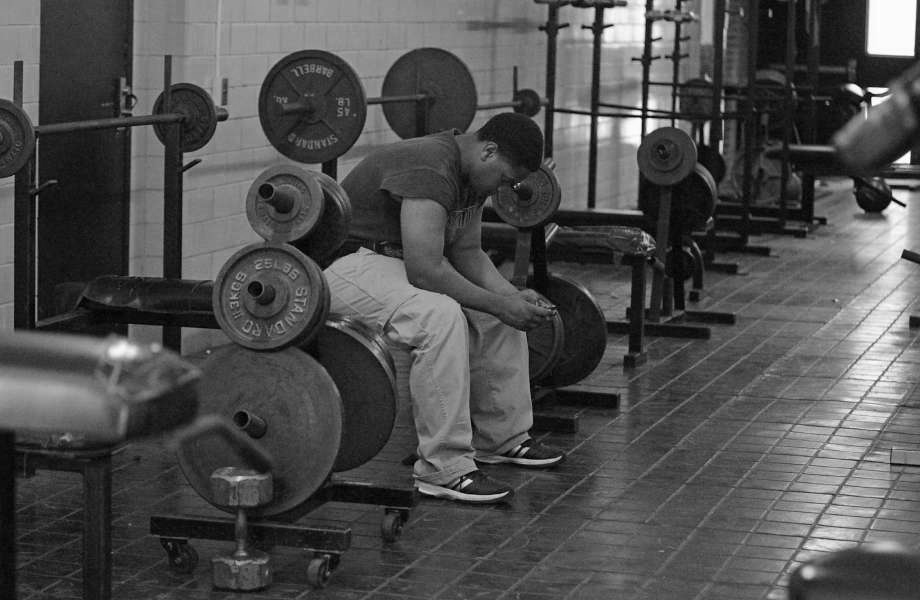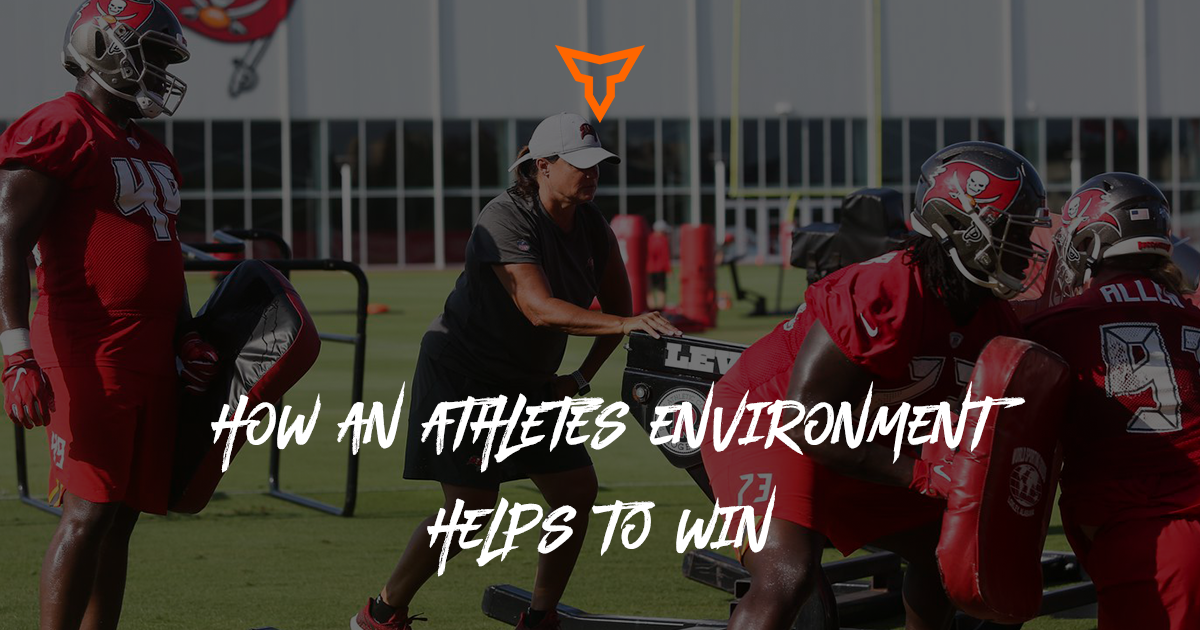Reflecting on the Year: 3 Key Lessons Learned
The lesson I bring from my internship experience into my internship teaching curriculum is constructing an annual plan. Funnily enough, though it is hard to stick to the exact plan, I still complete one every year and teach young coaches to do so. As many coaches do at the end of each academic year, it was important to me to find time post-championship season to reflect on the year and map out what worked and did not work in my annual plan and ways I can improve as a professional in general. This year, I found three big themes that helped me navigate my reflection: honest communication, controlling the controllable, and setting boundaries. As I elaborate on these themes, I find it easy to tease each scenario, but allocating a theme has helped me organize the overall retrospection.
Honest communication was set as a goal of mine early last year when I was tasked with adapting to multiple different personalities but wanted to be able to build relationships focused on growth. Not everyone grows in the same direction, but establishing clear signs of success using honest communication was the central theme of those relationships. Similarly, common obstacles faced by the department include a position vacancy and scheduling conflicts. Recollecting on those experiences led me to ask myself a serious question to move forward past these hurdles: “Did I speak up when I ran into a problem?” Honest communication does not always mean confrontation, pointing fingers at others, or elevating issues to your higher-ups. Sometimes it means being honest with yourself and taking accountability when an issue persists because of a lack of asking for help. I have identified this as a weakness of mine and look to work each year to change that, but it cannot change without being honest with others AND myself.
Controlling the controllable is something that many coaches preach to their athletes but employing it with ourselves proves to be difficult in some cases. Though I hit a few hurdles during this past year, I was able to keep a level head by remembering that the pressure of the entirety of the department did not lie on my shoulders only. Controlling the controllable for me oftentimes led to making lists of action items to cross off to complete a task or reach a goal. Breaking each item down into what I physically needed to do helped in many ways, but also highlighted the areas in which I needed someone else to collaborate with me or needed someone else to complete their action item to get mine going. If I run into this bottleneck, I have learned to complete the tasks that are my sole responsibility first. As I am not the director of my department, it is not within my control to hurry others to complete tasks for the sake of a department goal. If we are all working together, the task can only be done with timely effort from everyone. I can take the initiative to communicate with that individual if it is within my bandwidth, but I cannot control their bandwidth either. Though this is one example, it is highly relatable to many other situations and alleviates the extra pressure that I put on myself to be high achieving.
Lastly, I think therapists around the globe would be happy to see this concept employed in everyone’s lives! Setting boundaries for me always felt like more of a personal life effort and that I needed to do what I needed to do at work by any means necessary to succeed. In this case, it meant working extra hours that I did not plan to or need to, taking on tasks that sidetracked me from my professional goals, and living for other people’s growth and not my own. Setting boundaries at work looked like telling coaches “no” when something did not work on the weight room schedule, being honest with my coworkers about what I can and cannot accomplish by a certain date or to a certain degree, and turning my phone on “Do Not Disturb” by 9:00 PM to be able to recharge for the next work day. At the end of the day, I always meet and exceed my expectations where I can, but if the expectation keeps growing because I keep disregarding my mental health or physical health, then I am headed up the creek without a paddle. No boundary that I have set has made me a bad coach or a bad coworker - I still complete my job to my utmost ability. But every time I have disregarded a boundary, I have ended up letting down my family or friends or most importantly myself, and that matters above all else.
This end-of-year reflection felt like it nourished my professional soft skills as I refined myself as a coach, an internship director, and more. I hope that sharing these notes can help another coach, trainer, or administrator elevate their professional skills as well.
Subscribe to our blog
Subscribe to receive the latest blog posts to your inbox every week.
Related posts

4 Motor Learning Hacks to Instantly Make You a Better Strength Coach

Surviving or Thriving? Principles for Creating Longevity in Your Role

